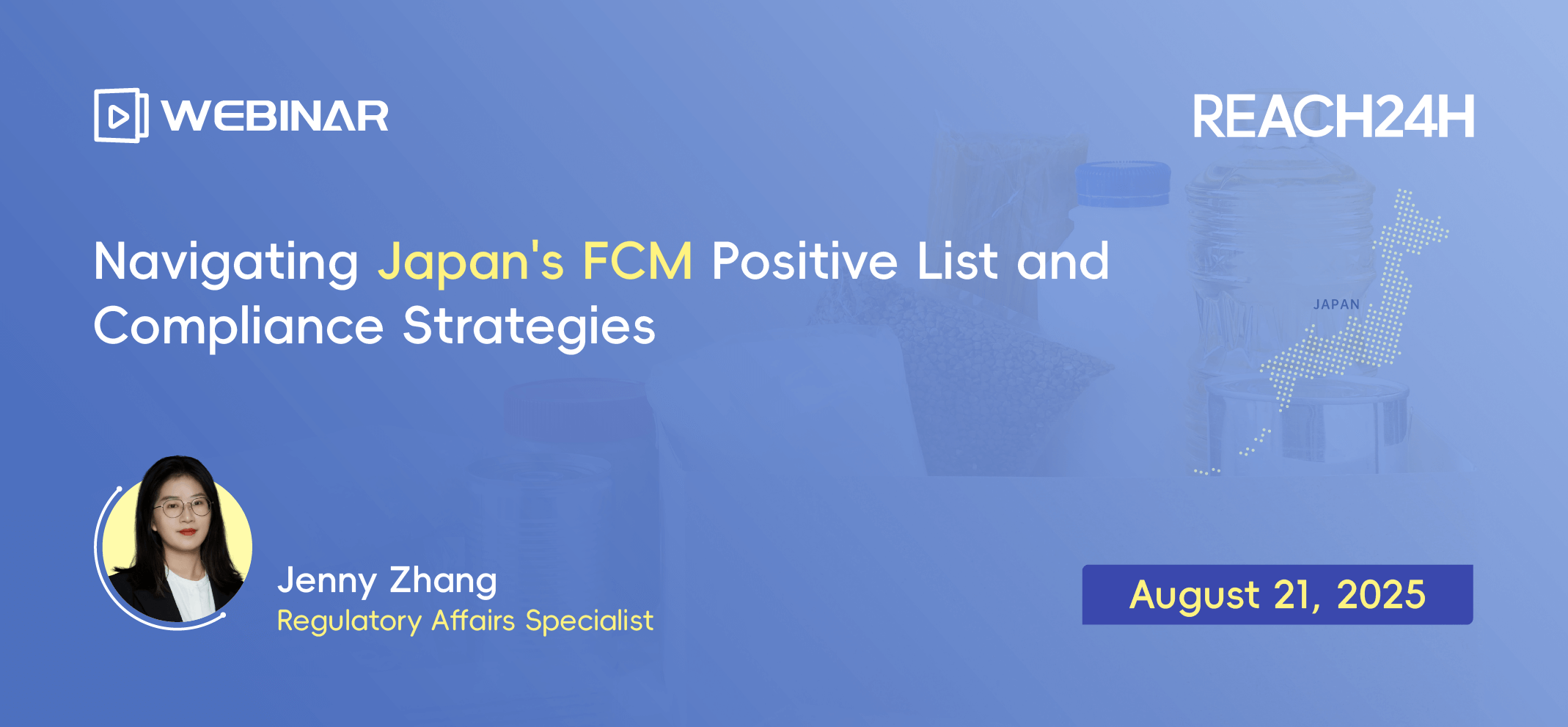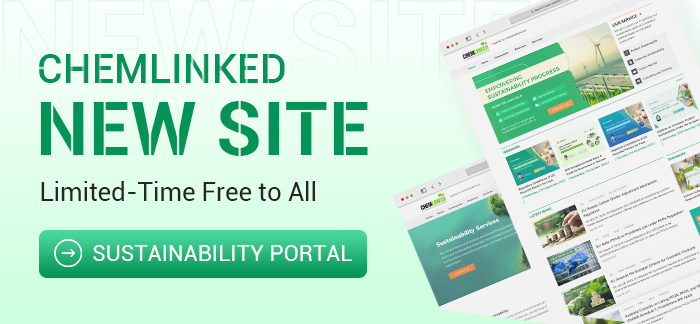Green Transition: China’s New RoHS Standard and TCO Certification Drive Safer Plasticizer Alternatives
Background
On April 14, 2025, China’s Ministry of Industry and Information Technology (MIIT) officially released a draft of the new mandatory national standard Requirements for restricted use of hazardous substances in electrical and electronic products (GB 26572-XXXX) for public consultation. The feedback period is open until April 21.
This marks a significant shift in China’s regulatory landscape: the existing recommended standard GB/T 26572-2011 will be upgraded to a compulsory national standard, strengthening hazardous substance management throughout the entire life cycle of electrical and electronic products.
The Push Toward Safer Plasticizers
The global electronics industry is undergoing rapid innovation, with smart devices and high-end consumer electronics evolving at breakneck speed. Simultaneously, consumer demand for eco-friendly, health-conscious products is at an all-time high.
Plasticizers—chemical agents that enhance flexibility and workability of materials—play a critical role in this ecosystem. Traditionally essential in plastics, adhesives, cements, and other materials, plasticizers are particularly vital in electronics, improving the performance of casings, internal components, and wiring by boosting impact resistance, heat resistance, and chemical durability.
However, certain types of traditional plasticizers, especially phthalates, have raised growing health and environmental concerns. Studies link them to endocrine disruption and reproductive toxicity risks, leading to intensified global regulatory scrutiny.
Regulatory Landscape for Plasticizers
EU RoHS Directive
Since July 22, 2021, the European Union’s RoHS Directive mandates that electrical and electronic equipment and medical devices placed on the EU market must not contain more than 0.1% by weight of DEHP, BBP, DBP, or DIBP in any homogeneous material.
China RoHS Standards
In alignment with international practices, China’s GB/T 26572-2011 (and its upcoming mandatory upgrade) also restricts the same four phthalates to a maximum of 0.1% concentration in homogeneous materials, reinforcing China’s commitment to safer electronics.
TCO Certification Requirements
TCO Certified, the world-leading sustainability certification for IT products, has set even stricter requirements. In its latest generation, TCO Certified 10.0, the use of DEHP, BBP, DBP, and DIBP is outright prohibited.
Other plasticizers must undergo rigorous hazard assessments through frameworks like GreenScreen® for Safer Chemicals or ChemFORWARD™. Only substances that achieve acceptable scores (e.g., Benchmark-2, -3, -4 for GreenScreen or A, B, C ratings for ChemFORWARD) are eligible for inclusion in the TCO Accepted Substance List (ASL) and approved for certified products.
A Turning Point for the Plasticizer Industry
Under the twin pressures of regulatory tightening and market expectations, the plasticizer industry is undergoing an unprecedented green transformation. Manufacturers are actively shifting from traditional, potentially harmful phthalates toward innovative alternatives with lower toxicity, greater biodegradability, and improved environmental profiles.
Moreover, major electronics brands increasingly prioritize sustainability from the design phase, selecting materials that meet not only functional requirements but also strict environmental and health standards.
How Companies Can Lead the Transition
As the first and currently the only GreenScreen and ChemFORWARD authorized assessor in Asia, REACH24H now offers specialized TCO Certification services. By helping companies navigate the green substitution process for plasticizers and other critical substances, REACH24H accelerates compliance and empowers businesses to meet international sustainability expectations.
What Is TCO Certified?
Established in 1992 by the Swedish Confederation of Professional Employees, TCO Certified is a globally recognized sustainability certification for IT products. Covering aspects like climate impact, chemical safety, circularity, and social responsibility across the supply chain, it has become a key benchmark for green procurement worldwide.
TCO Certified now applies to a wide range of IT products including displays, notebooks, tablets, smartphones, desktops, all-in-one PCs, projectors, and headsets, etc.
About the TCO Accepted Substance List (TCO ASL)
The TCO ASL identifies substances that are considered safer alternatives for use in certified products. Materials listed have undergone evaluation either through GreenScreen® or ChemFORWARD™ and demonstrated acceptable health and environmental profiles.
Substances assessed with GreenScreen Benchmark-2, -3, or -4 scores or ChemFORWARD grades of A, B, or C can be included, helping companies meet TCO Certified’s strict material requirements.


